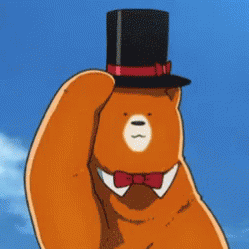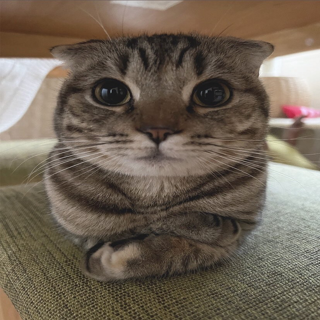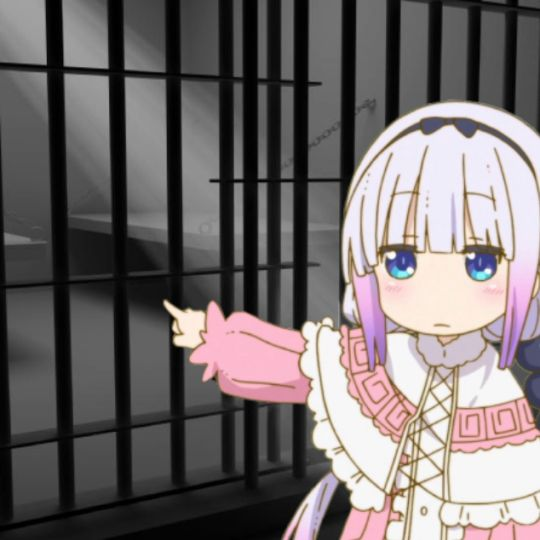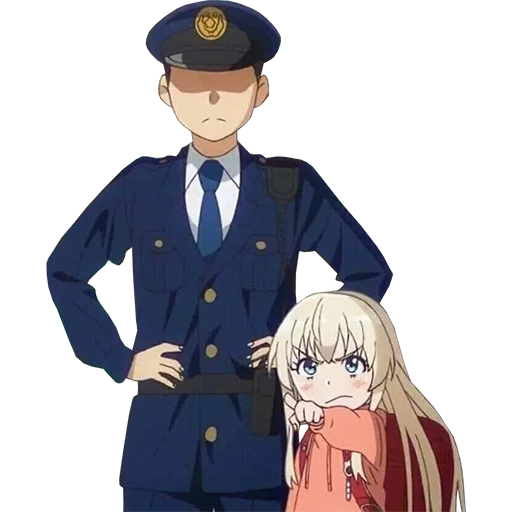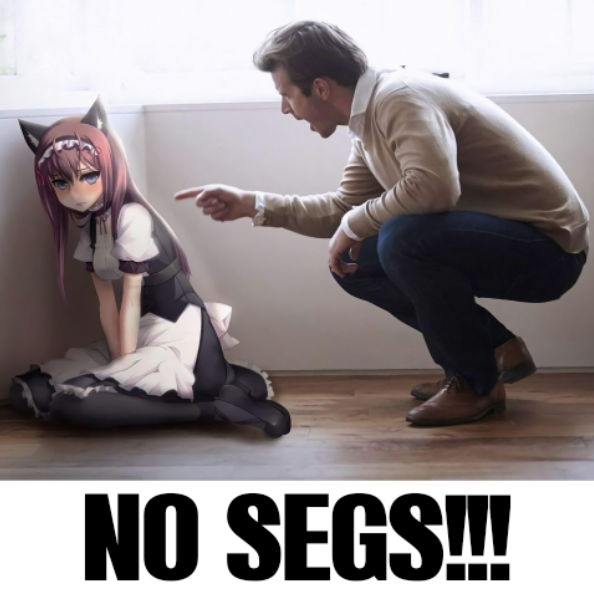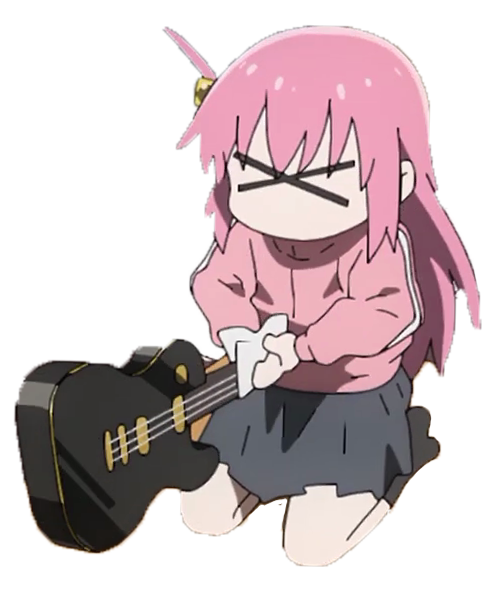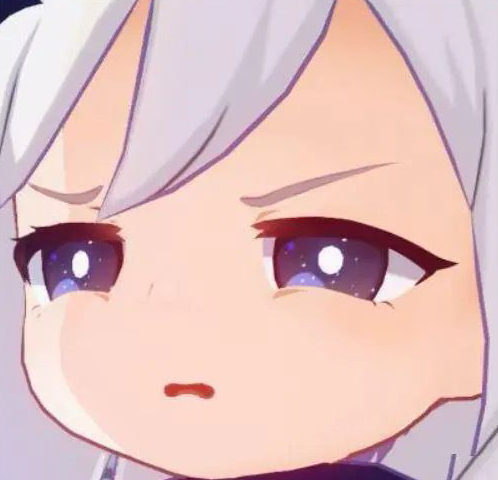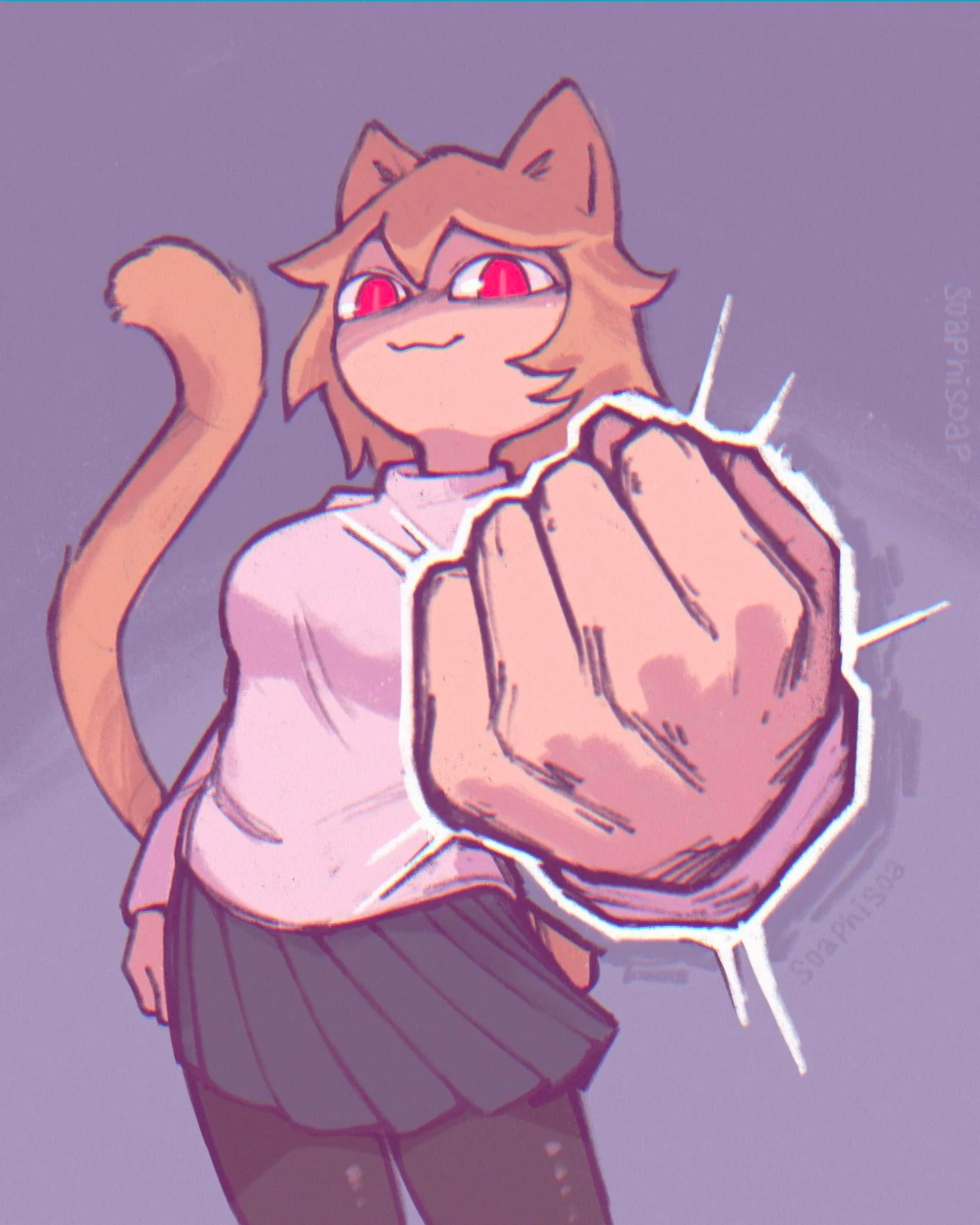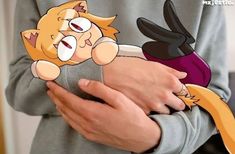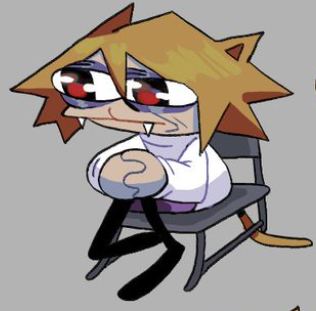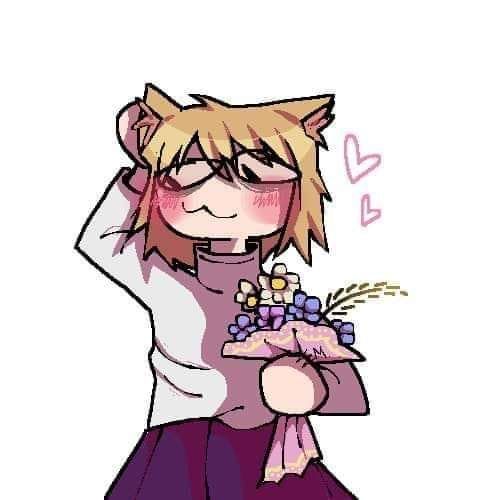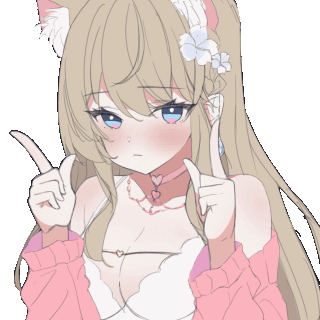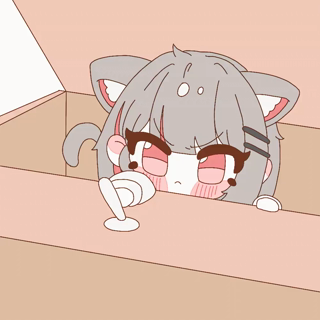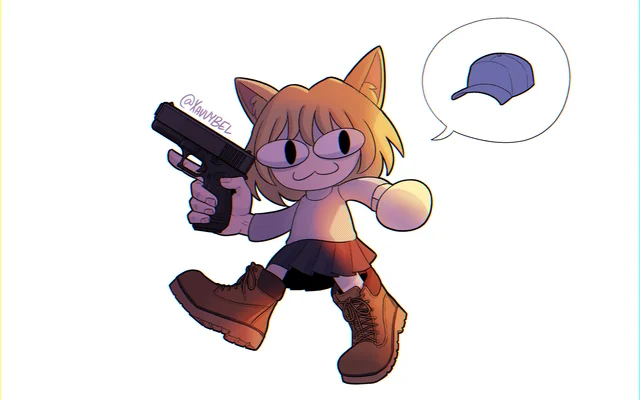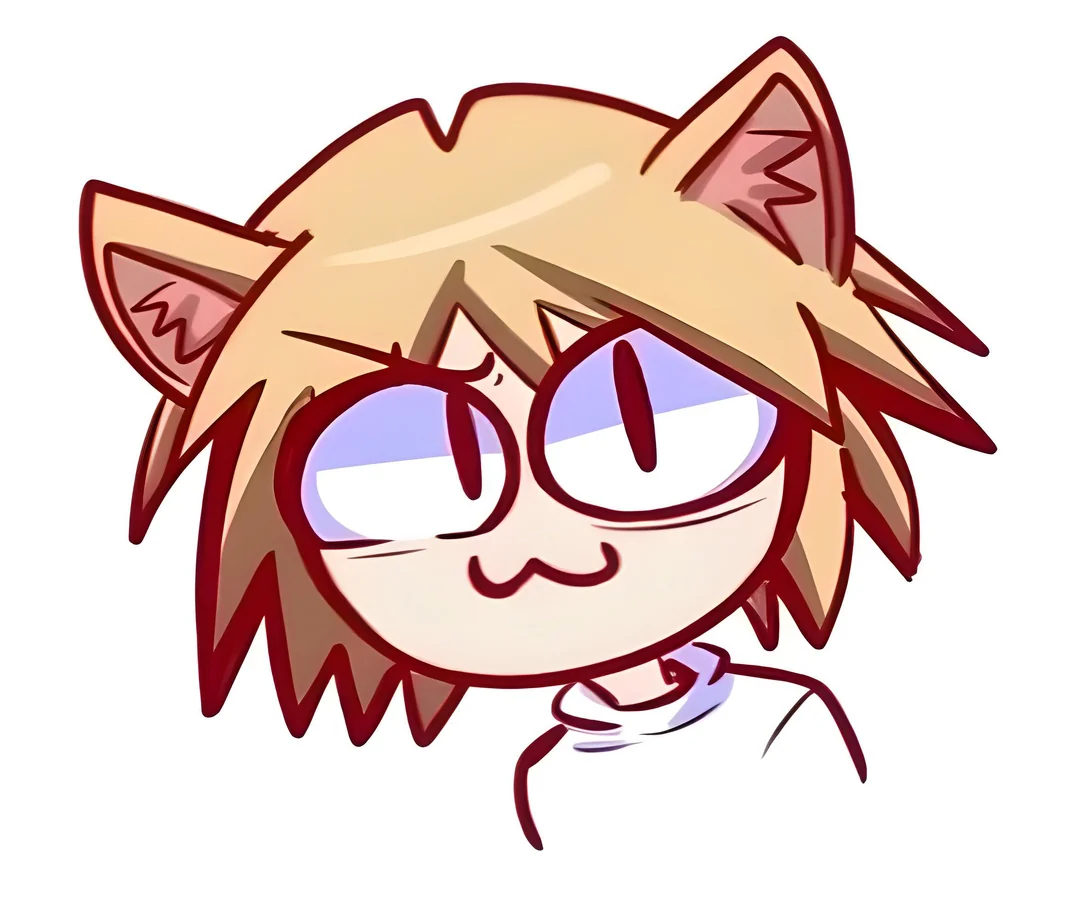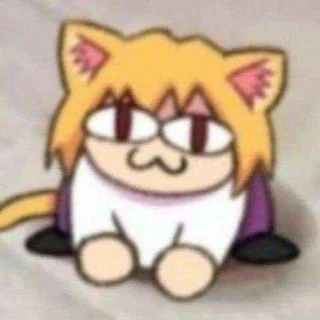Younger Girls Clinging to Me, Their Feelings for Me Completely Obvious - Chapter 12
- Home
- All
- Younger Girls Clinging to Me, Their Feelings for Me Completely Obvious
- Chapter 12 - What a Cheeky Girl
Chapter 12: What a Cheeky Girl
When we stepped outside, it seemed the weather had changed without our noticing; it was raining. The sky was shrouded in thick, dark gray clouds, and a gloomy darkness had overtaken the world as droplets fell continuously, accompanied by the steady “zaa-zaa” of rain, blanketing the ground without pause.
“Rain, huh…”
“It was sunny before we came to the arcade.”
“Well, it’s already autumn. There’s even a proverb—something like, ‘The autumn sky changes seven and a half times,’ if I remember correctly—that’s been true since forever.”
“Ah, I think there was a proverb like that. In photos, you know, those autumn foliage shots sometimes feature a paper umbrella too. Maybe it’s because autumn weather is so changeable that the umbrella always comes as a set.”
“Who knows? It might just be that it looks good.”
“Wouldn’t it be more fun to imagine there’s some kind of connection—something romantic like that?”
“Really?”
“Exactly!”
Just as ordinary girls use little things to lift their spirits, Daikichi mused that Tsubaki might also have a surprising fondness for fortune-telling and destiny.
“That being said, it doesn’t seem like the rain is going to let up.”
“Hmm… Also, don’t you think there are a lot of cars passing by? I see them frequently parked alongside that building over there—could it be some event…? Oh, that must be the state guest house… Right, it’s near the arcade. I hadn’t noticed.”
At the end of Tsubaki’s gaze stood the state guest house.
It didn’t have the feel of a public memorial hall; rather, its exterior clearly indicated that it was meant for social events attended by the wealthy and upper class.
To prove that, all the cars lined up were luxury models, and everyone who stepped out was decked out in expensive-looking suits or stunning dresses.
It was a venue for an elite few.
Daikichi mused that if his parents were still alive, the Sako family might have retained some of its dignity—and he himself might even have had a chance to be invited.
But Daikichi quickly shook his head, dismissing the thought.
After all, musing about what might have been was pointless; dwelling on it would only let time pass idly.
“By the way… I think I heard at home that there was some sort of social event today. This must be it—I’d forgotten about it.”
“Tsubaki, aren’t you interested in such glamorous places?”
“Regardless of whether one is interested or not, that state guest house event was definitely adults-only—I think they served alcohol and the like. So, Papa and Mama… they’ve got work, so it’s out of the question. I guess only Grandpa or some other available relative would attend on behalf of the Sazanka family.”
“…If it were an event that Tsubaki could attend, would you have liked to go?”
“Not really. The Sazanka family itself is, you know, on the lower end of political and business circles, so we have to be overly cautious about social status with almost everyone—it’s such a hassle that I really don’t like it. What about you, Kii‑kun? Do you enjoy that sort of thing?”
“I don’t particularly like or dislike it. Besides, I never receive an invitation anyway.”
“Really? In the Sako family, you’re the only one—on paper, or for convenience’s sake, you’re listed as the head in the old aristocratic registry, aren’t you?”
“Sure, my name’s on there, but… I guess they probably just don’t care. And I’m not the only one; there are likely others among the old aristocrats—families that have fallen on hard times.”
Daikichi’s remark was, in fact, accurate.
There are indeed people whose names appear in the old aristocratic registry, yet they never receive an invitation.
Aristocrats in Japan were those granted titles during the era when the peerage system was still in place.
The reasons for receiving these titles varied.
And the transitions following the dissolution of the aristocratic system were equally varied.
Those connected to powerful conglomerates remain influential, but for others—those who became aristocrats through ordinary achievements, honors, or backgrounds like the Sako family’s noble lineage—if they don’t reinvent themselves as entrepreneurs or politicians, or secure a designated heir to lead state-affiliated organizations, they inevitably decline.
However, in the name of preserving tradition and history, their names continue to be listed in the registry as the current head… That’s just the way things are.
Daikichi just stared intently at the rain. Then, as if remembering something, Tsubaki suddenly said, “Ah!”
“Speaking of social events, I just remembered something.”
“What’s up?”
“When we were little… remember that party where Kii‑kun was so taken with one particular girl? I was there too, so I recall that you were really smitten with her, right?”
“Was there really such a party?”
Daikichi tilted his head, and Tsubaki hesitated as if struggling to find the words. Seeing her like that, Daikichi recalled which party she meant.
Because of that, he understood it was a very difficult topic for her, so he preemptively answered to make it easier for her to speak.
“No, that’s right, there probably was one. It must have been that party on the day my parents died.”
“…Yeah.”
Tsubaki nodded apologetically.
Though Daikichi thought it might have been better not to bring it up at all, he understood that Tsubaki was indirectly trying to gauge how well onii-chan had moved on from the past, so he deliberately refrained from mentioning it.
Besides, even if Tsubaki wanted to know, simply saying “that party from back then” would have sufficed; there was no need for Daikichi to mention the girl he had been concerned about at the time—Sakurazaki.
Well, it was entirely possible that he had added that as a buffer because he was reluctant to be too direct, so Daikichi didn’t mind.
“Do you still remember that girl, Kii‑kun? Is she still in your heart?”
Daikichi had never told Tsubaki about Sakurazaki—or even the fact that he had secretly negotiated with the school on her behalf.
Besides, mentioning it would likely have made Tsubaki worry unnecessarily, and explaining it would only reveal that he still carried the wounds of the past, weighing down the atmosphere.
Also, the fact that Tsubaki had many friends was one of the reasons Daikichi decided not to tell her everything.
If Tsubaki’s friends were connected to the upper school, word might spread through casual conversation, and one day it could inadvertently become known why he had been watching over Sakurazaki.
Thus, unless there was a dire emergency, Daikichi had resolved not to tell Tsubaki anything—a token of gratitude for her kindness.
Moreover, Daikichi believed that Tsubaki would never expect him to reveal more of those scars.
“Whether such a girl existed… I hardly remember. It was ages ago. In fact, it’s more impressive that you remember, Tsubaki.”
“R-really?”
“Yeah, you have an amazing memory. … Anyway, let’s drop this topic. Changing the subject, is Uncle doing well?”
“Huh? Papa? Well… I guess he’s doing fine. Though until a while ago he was on an overseas business trip for a joint development with a European company, so he does seem busy.”
“Uncle sure has it rough.”
“Well, Papa does have his difficulties, I suppose. It must be that Sazanka family tradition—maybe that’s why I’m being conveniently used as the son-in-law.”
“That’s a rather offhand explanation. If Uncle found out that his daughter, Tsubaki, was treating me lightly, he’d probably look sad. I think he’s a good person, though.”
Daikichi had the impression that Tsubaki’s father—his own Uncle Joji Sazanka—was somewhat worn out, but clumsily kind.
He thought that Tsubaki’s coolness toward the kind Joji might simply be typical of a girl her age, and that she wasn’t insensitive enough to openly declare, “He’s such a good Papa,” in front of him, someone who had lost his own parents.
“You don’t have to be so nice to Papa, you know?”
“I’m not being nice—I just feel sorry for him.”
“If that counts as being nice, then so be it. By the way, Papa seems to be overly concerned about you, Kii‑kun. Is something going on? Are you two in touch, or is he complaining about us?”
Tsubaki’s tone was rather harsh, and Daikichi began to worry that maybe they weren’t just being cautious but that their relationship was actually strained.
Believing that a good parent–child relationship is important, Daikichi resolved to stress that Uncle Joji was truly a good man.
“Uncle always goes through Tsubaki when he needs something, so I don’t contact him directly. That’s why I don’t comment on her. Rest assured—Uncle is simply a good person. You shouldn’t doubt him.”
“Really?”
“Really.”
“…Then I’ll take your word for it. But still, I wonder why Papa always brings you up, Kii‑kun.”
“I think he’s just worried about having only one nephew.”
Daikichi offered that unremarkable guess, but it seemed Tsubaki didn’t like the word “worried” at all, as she mumbled something with a slight pout.
“…I’ll handle that worry, so Papa doesn’t have to. He always meddles uninvited.”
Not quite catching what Tsubaki had just muttered, Daikichi asked, “What did you say?” but Tsubaki merely stuck out her tongue and, with an adorably mischievous smile, replied, “If you want to know, you’ll have to win our favor, Sako♥.”
At Tsubaki’s cheeky remark, Daikichi sighed and looked up at the sky. Then he noticed that the rain had completely stopped before he knew it.
As they say, autumn is changeable, and before he knew it, the weather had cleared enough to reveal the slowly setting sun.
“It’s sunny now—let’s go home~”
Tsubaki began walking while humming a tune.
Since the Sazanka residence and Daikichi’s apartment were in different directions from their current location, they parted ways here.
Daikichi even considered taking a detour to see Tsubaki safely to the Sazanka residence, but he quickly dismissed the idea.
Since Tsubaki, who could clearly express her own wishes, hadn’t said “please take me home,” Daikichi took that as a sign that she didn’t want a ride.
As Daikichi watched Tsubaki’s back, she stopped suddenly after a few steps and turned back several times.
Tilting his head in wonder, Daikichi wondered if she had dropped something, when suddenly—
“Kii‑kun, Kii‑kun.”
“What is it?”
“…”
“What’s up? You’re staring at my face… Is something on it?”
“It is—it’s all over.”
Could it be from when I ate a rusk…? No, if that were the case, Tsubaki would have pointed it out sooner, and I would have noticed something off.
But just to be sure, Daikichi touched his face with both hands to check. However, he didn’t feel anything unusual at all.
“Hehe.”
Seeing Tsubaki laugh, Daikichi finally realized that she sometimes treated him like a plaything—simply teasing him.
Watching Tsubaki resume her walk while humming, Daikichi thought, “She really got me good.”








